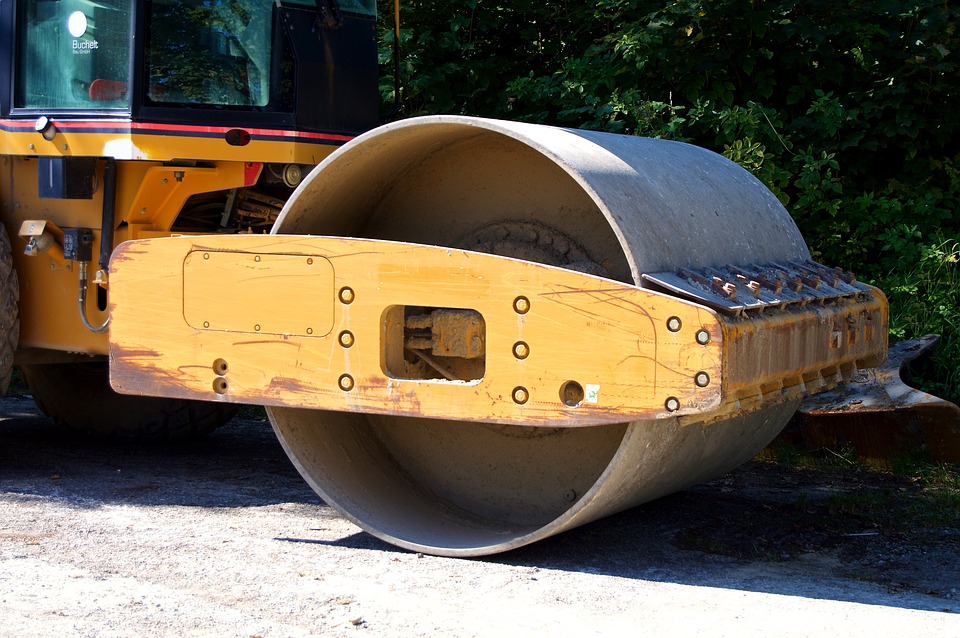
The very word ‘Asphalt’ when heard at somewhere or read, will usually give the person who heard or read it, an image of something used on a road, pavement or something to do with building. Roofs might also come up if asked about it. But, most people will have heard the word, but don’t know exactly what it is, and how is used or manufactured. The very same could be said about many things actually, but here we’re looking at asphalt.
So, What Exactly is Asphalt?
Asphalt is the sustainable material for building roads and pavements. It’s smooth, so vehicles use less fuel and produce lower emissions; its quiet, which most people like whilst driving, there’s no need for any expensive noise walls to be constructed; it’s relatively safe and provides superb gripping power and it’s durable, so that roads never need to be removed and replaced. Asphalt in Perth is popular with most folk. It is also the one of the most recycled materials in the Western world. All pluses you might agree on.
What is Asphalt Made of?
To produce an asphalt road mixture, a combination of aggregates (rocks and sand) are mixed with the asphalt binder at the usual ratio of 95% aggregates to 5% asphalt in an asphalt plant. The mixture is heated up to a point where the aggregate dries and the asphalt melts and they fuse together, so that the aggregate is sufficiently coated with asphalt. This mixture is then taken to a road site, placed on the prepared site using an asphalt laying machine, and then road rollers are employed to press the mix to the required thickness and density. As soon as the desired density is achieved and the road cools, it can then be opened to traffic.
Tyre Wear
The very roads you drive upon are slowly day by day chewing away at your tyres, mile after mile. Odd though isn’t it that whenever the topic of conversation turns to accelerated and premature tyre wear, most people will come up with the usual suspects, and they are alignment, balance, inflation and mechanical deficiencies. The one major topic that rarely presents itself is the type of road we drive upon.
Tyres on Asphalt
It seems certain types of surfaces are easier on tyres than others. In this respect asphalt has its advantages. With those already mentioned above, it’s less expensive initially and the lifecycle is generally regarded as about the same as most other materials. If you are in W. Australia, and require a professional and top quality job that needs doing with asphalt, Protec Asphalt offer an excellent service, bar none. Asphalt also has a higher level of tolerance on bending stresses imposed by vehicles, so it gives a bit and remains slightly flexible over its lifespan. It’s also less troublesome to traffic when repairs need carrying out, or there is resurfacing to be done.
Other Uses
Asphalt is not something that is used solely on roads, it’s also used on a variety of other places such as driveways, wheel chair ramps, speed bumps, kerbing and various others. It definitely seems as if asphalt is our friend, and is surely here to stay. Look for it being used somewhere for something at a location near you!














